The decline in investment growth from 16% to 6% will not work for an
economy that has the potential to grow at 9% per annum.
The need of the hour was to revive investment growth to at least 10% per annum. Under the RBI’s vicious monetary repression (high interest rates and liquidity crunch) investments from a high growth of 16% had declined to under 6% which won’t work for an economy that has potential to grow at 9% per annum. As a share of GDP, it has fallen steeply by over 5% points.
The budget missed out on the opportunity to give an investment tax credit to industries. Instead, it has come out with a huge increase in indirect taxes -20% (excise and service taxes from10% to 12%), which is not opportune since this would be a premature exit from the stimulus.
The most heartening measure is the commitment to direct cash transfers. Direct endowment subsidies are necessary in a number of sectors - oil, fertiliser, food and electricity. Unfortunately, only fertiliser and food are planned to be covered. The devil here lies in the details. It is important to have the right design since otherwise even endowment subsidies can be made to fail in India. The off-budget borrowings would increase, given the increase in the limits for tax-free bonds to be raised by many organisations.
While the support to infrastructure, power, agriculture equipment, and clean energies is necessary, the choice of instruments - import duty and excise concessions- mess up the tax regime and increase the scope for discretion, misrepresentation and litigation by bringing about complexity in the tax system. Despite the slew of measures to raise agricultural output and improve food processing, food output would not rise sufficiently to meet the demands created by increasing outlay on NREGS and the linking of NREGS wage rates to inflation since, this indexation would suddenly bring on increased food demand from a hitherto hungry 15-20% of India population. That would necessitate a universal rationing solution.
Much in the coming year would depend on the RBI. If it chooses to improve liquidity and reduce rates, growth may well revive and the budget will achieve its targets. If not, the coming year may well see a lower growth. FDI would depend upon growth more than signals while these like opening of multi-brand retail are important.
— Prof Sebastian Morris Indian Institute of Management, Ahmedabad
![submenu-img]() Anil Kapoor, Aditya Roy Kapur's The Night Manager becomes only entry from India to secure nomination at Emmy Awards 2024
Anil Kapoor, Aditya Roy Kapur's The Night Manager becomes only entry from India to secure nomination at Emmy Awards 2024![submenu-img]() Land-for-jobs case: President Murmu authorises prosecution of Lalu Prasad Yadav, CBI submits...
Land-for-jobs case: President Murmu authorises prosecution of Lalu Prasad Yadav, CBI submits...![submenu-img]() This billionaire, once world’s richest man, witnesses drop in wealth due to...; not Mukesh Ambani, Adani
This billionaire, once world’s richest man, witnesses drop in wealth due to...; not Mukesh Ambani, Adani![submenu-img]() Ranbir Kapoor's sister, Riddhima's 'maybe it's a house help' remark leaves netizens furious: 'Uneducated rich brats'
Ranbir Kapoor's sister, Riddhima's 'maybe it's a house help' remark leaves netizens furious: 'Uneducated rich brats'![submenu-img]() Mumbai man orders iPhone 16 online after standing in queue for hours, then..
Mumbai man orders iPhone 16 online after standing in queue for hours, then..![submenu-img]() Jammu and Kashmir BSF Bus Accident: हंसते-गाते जा रहे थे BSF के जवान, बडगाम में गहरी खाई में गिरी बस, 3 शहीद और 28 घायल
Jammu and Kashmir BSF Bus Accident: हंसते-गाते जा रहे थे BSF के जवान, बडगाम में गहरी खाई में गिरी बस, 3 शहीद और 28 घायल![submenu-img]() 'असंवैधानिक है सरकारी फैक्ट चेक यूनिट' कॉमेडियन Kunal Kamra केस में Bombay High Court का मोदी सरकार को झटका
'असंवैधानिक है सरकारी फैक्ट चेक यूनिट' कॉमेडियन Kunal Kamra केस में Bombay High Court का मोदी सरकार को झटका![submenu-img]() 'क्यों खत्म की हड़ताल' जूनियर डॉक्टरों ने दी जानकारी, पूर्व प्रिंसिपल संदीप घोष का नार्को टेस्ट कराने कोर्ट पहुंची CBI
'क्यों खत्म की हड़ताल' जूनियर डॉक्टरों ने दी जानकारी, पूर्व प्रिंसिपल संदीप घोष का नार्को टेस्ट कराने कोर्ट पहुंची CBI![submenu-img]() J-K Assembly Elections 2024: राज्य नहीं अब है केंद्र शासित प्रदेश, क्या 370 की वापसी कर सकती है जम्मू-कश्मीर विधानसभा? जानें उसके अधिकार
J-K Assembly Elections 2024: राज्य नहीं अब है केंद्र शासित प्रदेश, क्या 370 की वापसी कर सकती है जम्मू-कश्मीर विधानसभा? जानें उसके अधिकार![submenu-img]() Tirupati Laddu में चर्बी पर एक्शन में मोदी सरकार, JP Nadda ने कर दिया इस जांच का ऐलान
Tirupati Laddu में चर्बी पर एक्शन में मोदी सरकार, JP Nadda ने कर दिया इस जांच का ऐलान![submenu-img]() Ford to return to India after 2 years with reopening of....
Ford to return to India after 2 years with reopening of....![submenu-img]() Maruti Suzuki launches new Swift CNG, check price, mileage, other features
Maruti Suzuki launches new Swift CNG, check price, mileage, other features![submenu-img]() ‘30 LPA, 3BHK, no in-laws’: Woman earning Rs 1.32 lakh salary lists demands for future husband, netizens say...
‘30 LPA, 3BHK, no in-laws’: Woman earning Rs 1.32 lakh salary lists demands for future husband, netizens say...![submenu-img]() In a big EV push, Centre launches Rs 10900 crore PM E-Drive scheme to replace…
In a big EV push, Centre launches Rs 10900 crore PM E-Drive scheme to replace…![submenu-img]() World’s longest car has helipad, swimming pool, mini-golf course, can seat over…; it cost…
World’s longest car has helipad, swimming pool, mini-golf course, can seat over…; it cost…![submenu-img]() Meet man who passed JEE Advanced with AIR 1, completed B.Tech from IIT Bombay, is now pursuing…
Meet man who passed JEE Advanced with AIR 1, completed B.Tech from IIT Bombay, is now pursuing…![submenu-img]() Meet man, whose father's death encouraged him to quit IAS job, create multi-crore company, he is...
Meet man, whose father's death encouraged him to quit IAS job, create multi-crore company, he is...![submenu-img]() Meet woman, who scored 97% in class 12, secured 705 out of 720 marks in NEET exam, her AIR is...
Meet woman, who scored 97% in class 12, secured 705 out of 720 marks in NEET exam, her AIR is...![submenu-img]() NEET UG Counselling 2024: Round 2 seat allotment result declared at mcc.nic.in, check direct link here
NEET UG Counselling 2024: Round 2 seat allotment result declared at mcc.nic.in, check direct link here![submenu-img]() Meet IPS officer who has resigned after serving for 18 yrs due to...
Meet IPS officer who has resigned after serving for 18 yrs due to...![submenu-img]() Congress President Kharge Slams & Opposes 'One Nation, One Election' Proposal, Calls It Impractical
Congress President Kharge Slams & Opposes 'One Nation, One Election' Proposal, Calls It Impractical![submenu-img]() Why 'One Nation One Election' Is important? Ashwini Vaishnaw Explains After It Gets Cabinet Approval
Why 'One Nation One Election' Is important? Ashwini Vaishnaw Explains After It Gets Cabinet Approval![submenu-img]() Jammu Kashmir Assembly Election 2024 Phase 1 Highlights: What Happened In First phase In J&K Polls?
Jammu Kashmir Assembly Election 2024 Phase 1 Highlights: What Happened In First phase In J&K Polls?![submenu-img]() One Nation One Election: Centre Clears Proposal, Bill To Be Introduced In Winter Session | Modi 3.0
One Nation One Election: Centre Clears Proposal, Bill To Be Introduced In Winter Session | Modi 3.0![submenu-img]() Haryana Elections 2024: Is BJP Set To Lose In Haryana? Anti-Incumbency And Other Factors Analysed
Haryana Elections 2024: Is BJP Set To Lose In Haryana? Anti-Incumbency And Other Factors Analysed![submenu-img]() This billionaire, once world’s richest man, witnesses drop in wealth due to...; not Mukesh Ambani, Adani
This billionaire, once world’s richest man, witnesses drop in wealth due to...; not Mukesh Ambani, Adani![submenu-img]() Meet man who started as intern at Nike, is now its CEO after 32 years, his salary is Rs...
Meet man who started as intern at Nike, is now its CEO after 32 years, his salary is Rs...![submenu-img]() Meet man who received gift worth Rs 15000000000 from Mukesh Ambani, is referred to as his 'right hand', he is...
Meet man who received gift worth Rs 15000000000 from Mukesh Ambani, is referred to as his 'right hand', he is...![submenu-img]() Elon Musk, Oracle CEO once begged this company to take their money, know what had happened
Elon Musk, Oracle CEO once begged this company to take their money, know what had happened![submenu-img]() 'Office was filled with…': Ashneer Grover on why he left EY in one day despite having package of Rs…
'Office was filled with…': Ashneer Grover on why he left EY in one day despite having package of Rs…![submenu-img]() Luxurious homes to swanky cars: Most expensive things owned by Virat Kohli
Luxurious homes to swanky cars: Most expensive things owned by Virat Kohli![submenu-img]() Akshay Kumar's biggest flop film was remake of a Malayalam blockbuster, still broke Guinness World Record set by...
Akshay Kumar's biggest flop film was remake of a Malayalam blockbuster, still broke Guinness World Record set by...![submenu-img]() Exploring Uttarakhand: 6 breathtaking destinations in scenic state
Exploring Uttarakhand: 6 breathtaking destinations in scenic state![submenu-img]() From Puga Valley to Hanle: Must-visit places in Ladakh
From Puga Valley to Hanle: Must-visit places in Ladakh![submenu-img]() Meet Himachal officer who has been transferred without posting, as popular as IAS Tina Dabi on social media, she is...
Meet Himachal officer who has been transferred without posting, as popular as IAS Tina Dabi on social media, she is...![submenu-img]() Land-for-jobs case: President Murmu authorises prosecution of Lalu Prasad Yadav, CBI submits...
Land-for-jobs case: President Murmu authorises prosecution of Lalu Prasad Yadav, CBI submits...![submenu-img]() Tirupati Laddoo Row: Jagan Reddy says he will write to PM Modi, CJI to take action against...
Tirupati Laddoo Row: Jagan Reddy says he will write to PM Modi, CJI to take action against...![submenu-img]() AAP demands government accommodation for outgoing Delhi CM Arvind Kejriwal, says he is...
AAP demands government accommodation for outgoing Delhi CM Arvind Kejriwal, says he is...![submenu-img]() 'Samples highly adulterated, we will...': Tirupati Temple Trust issues first statement on laddoo row
'Samples highly adulterated, we will...': Tirupati Temple Trust issues first statement on laddoo row![submenu-img]() NEET UG 2024: CBI files second-chargesheet against six accused in paper leak case
NEET UG 2024: CBI files second-chargesheet against six accused in paper leak case

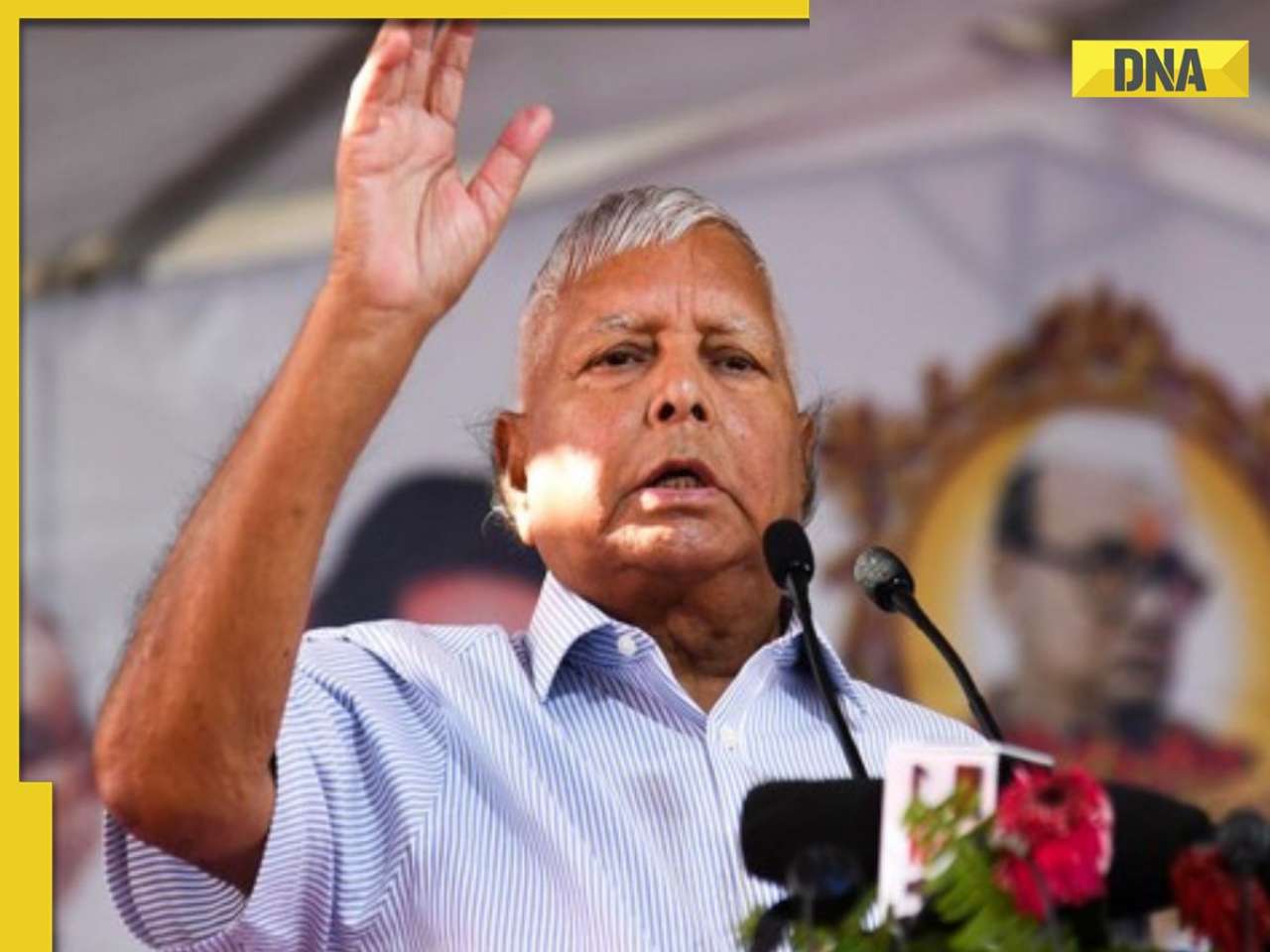
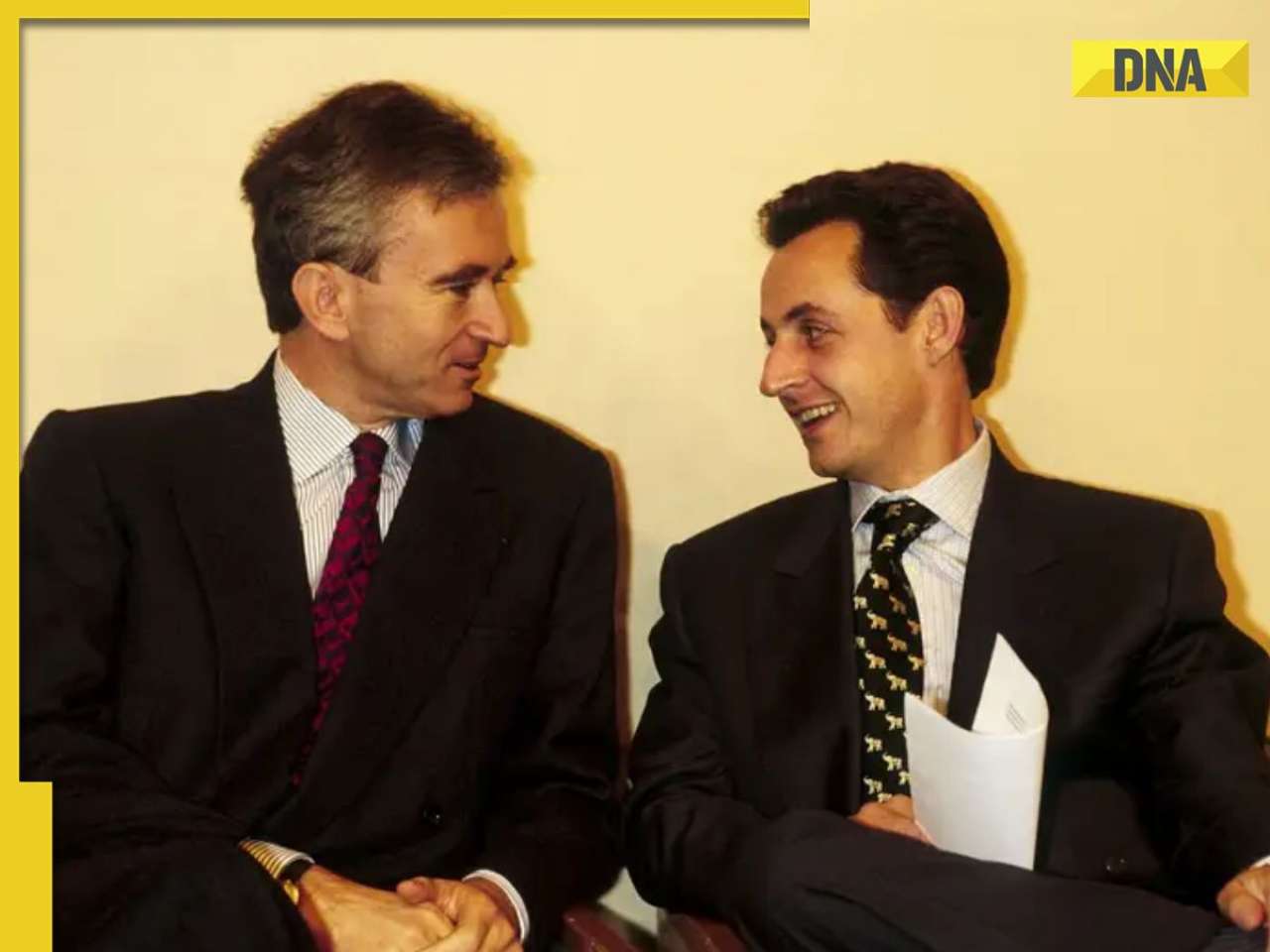








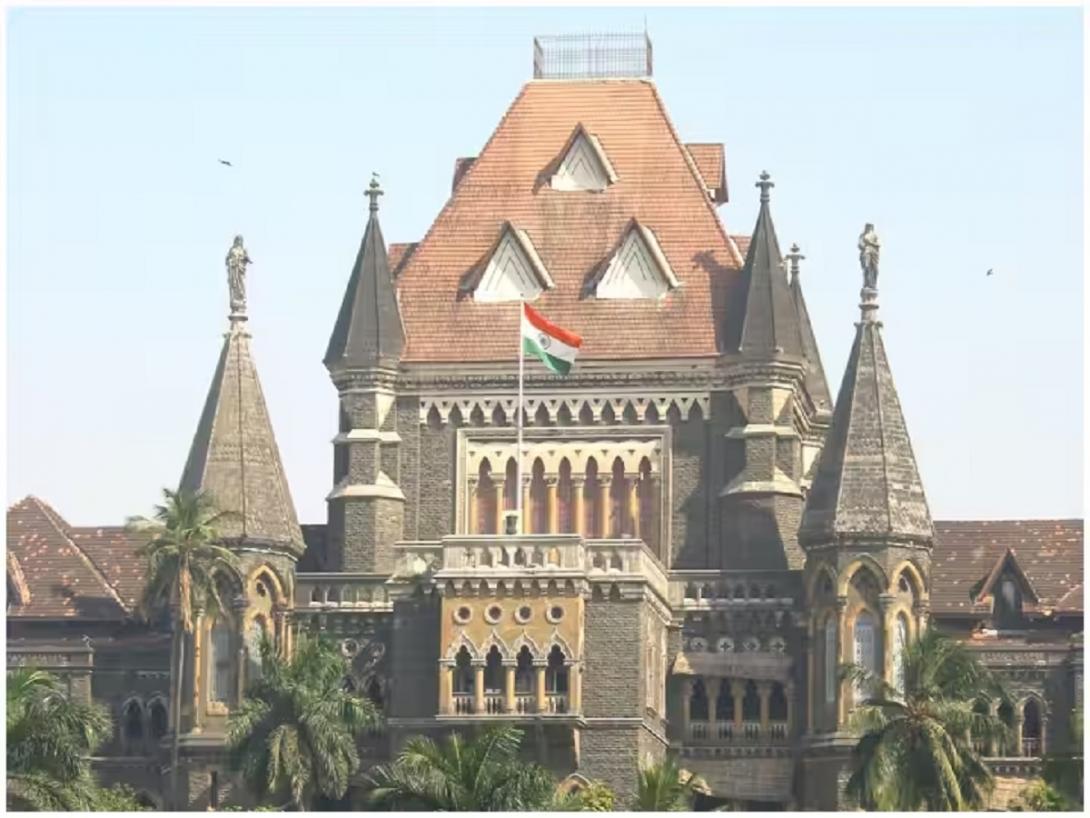









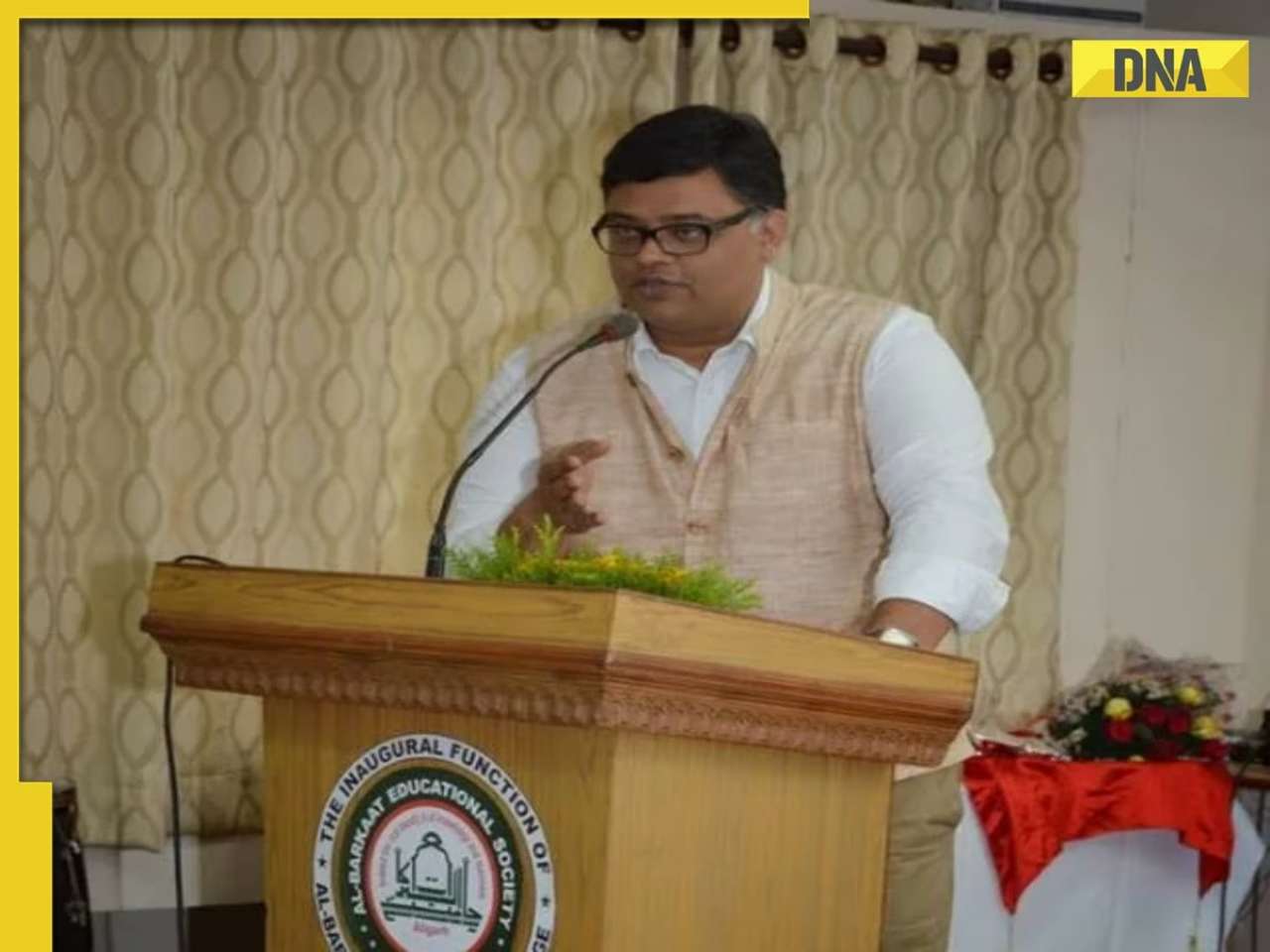



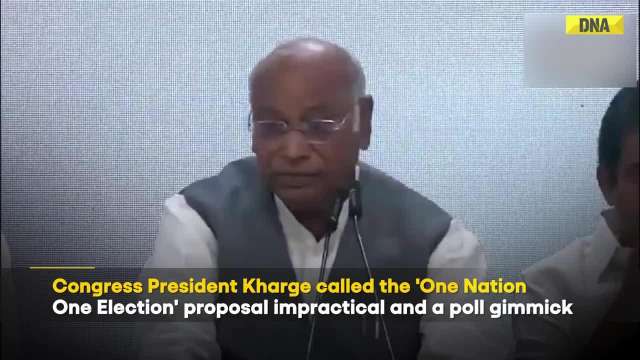
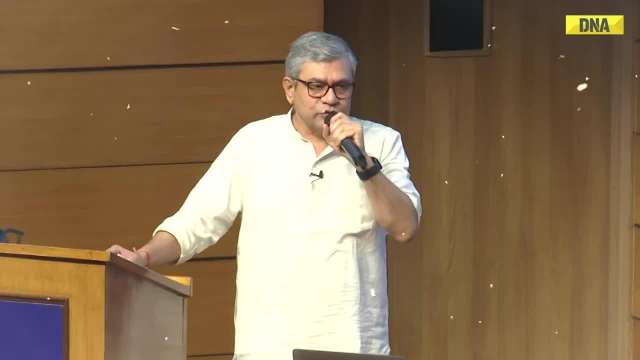



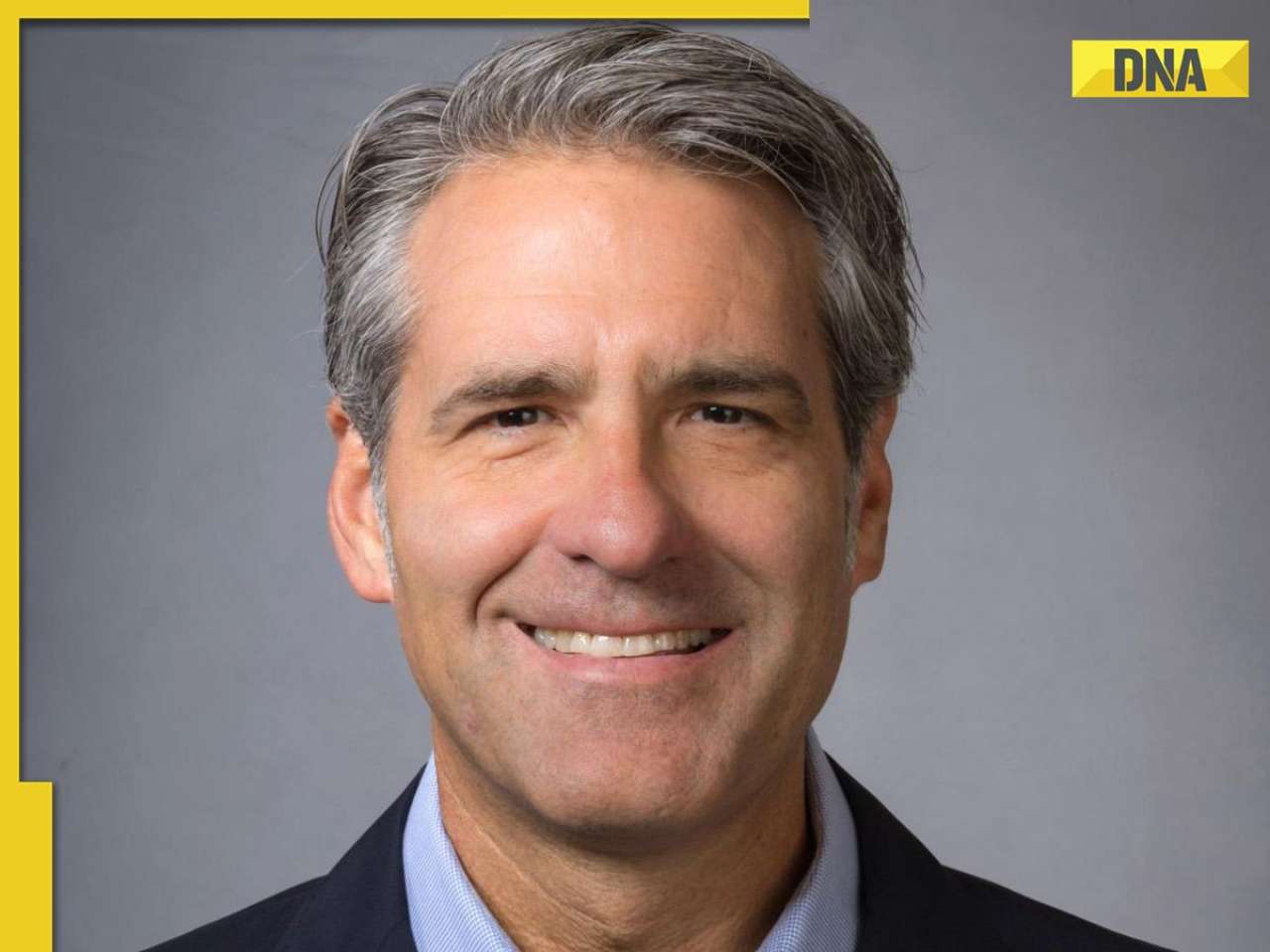
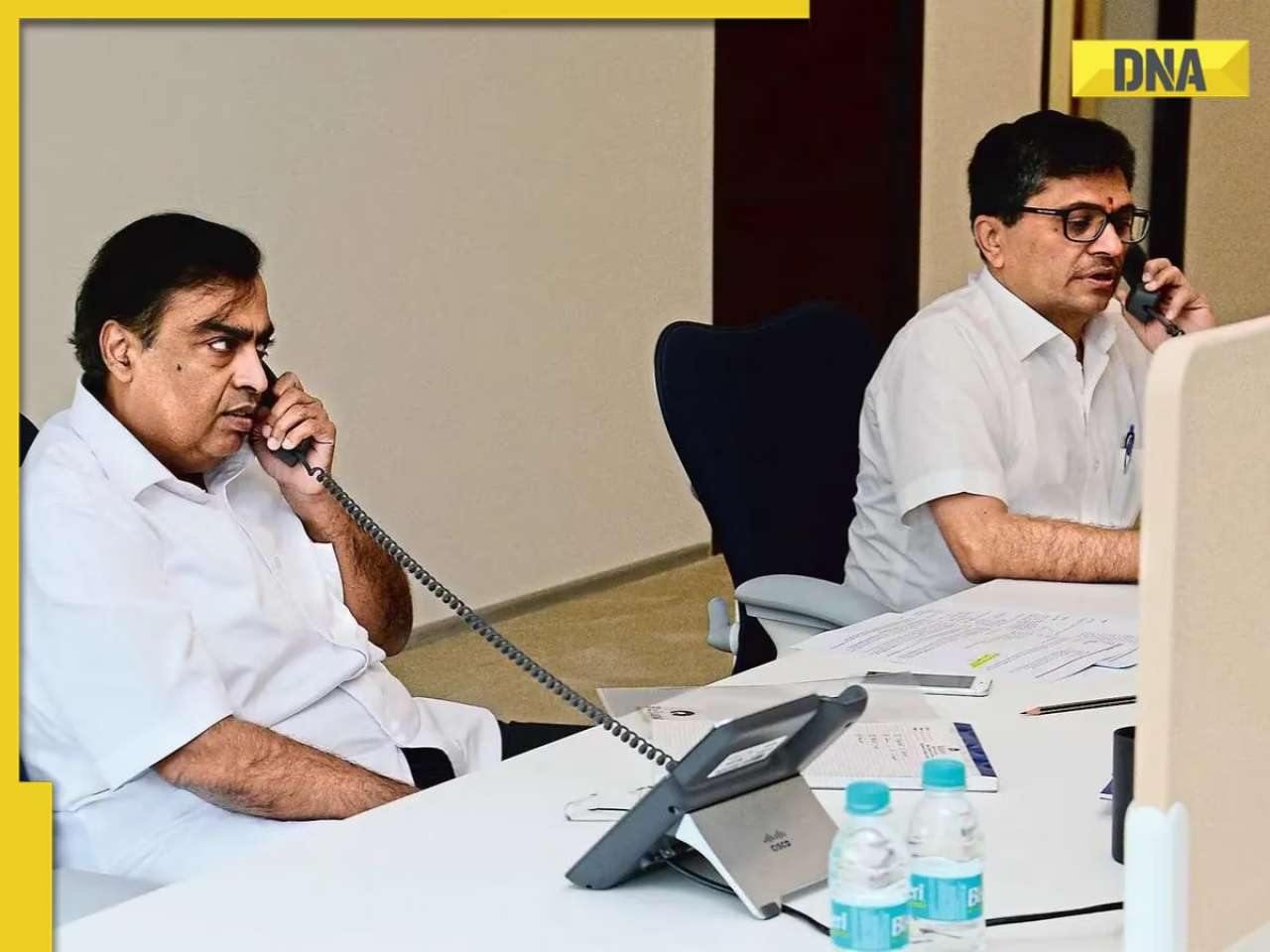







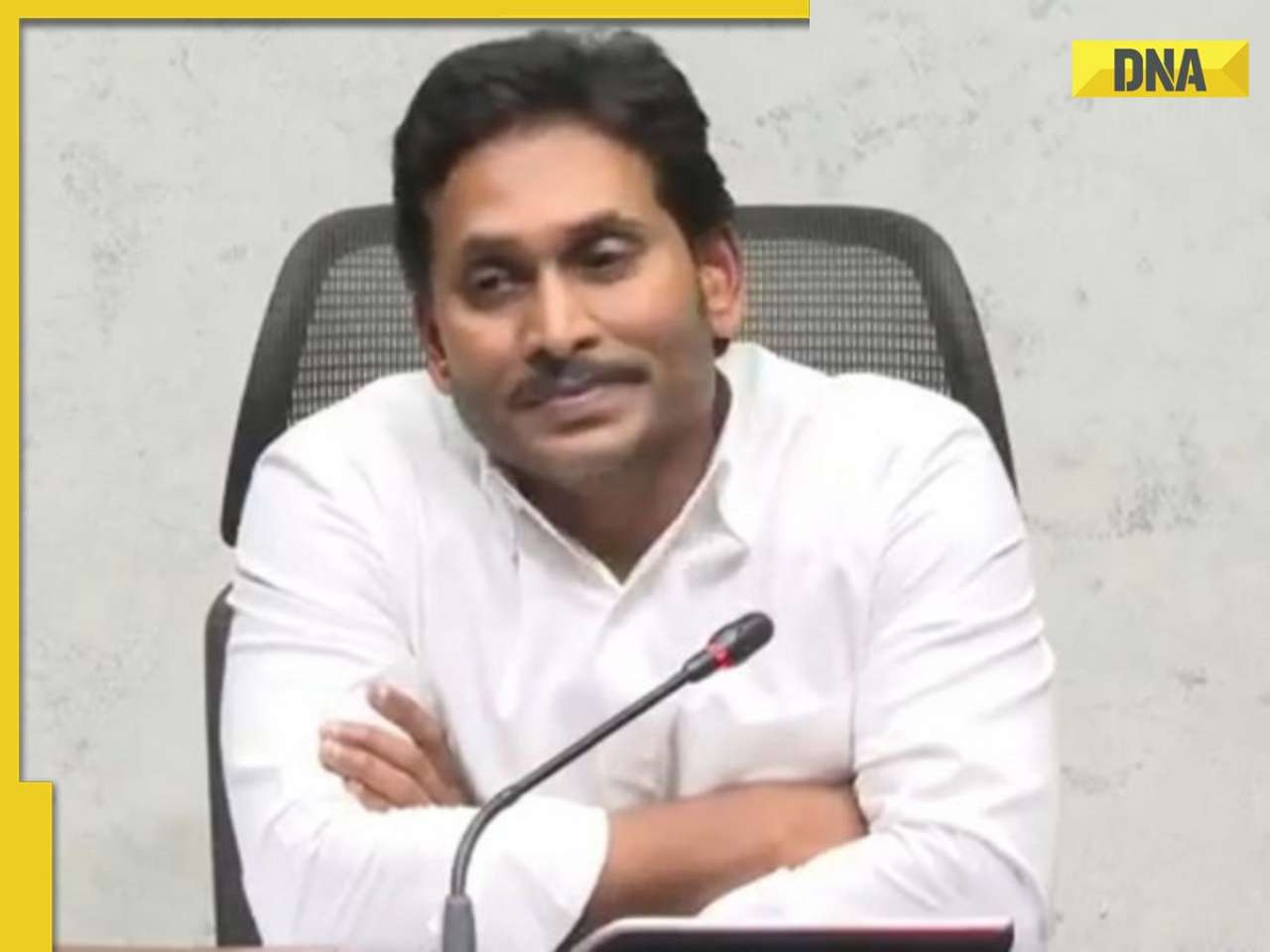
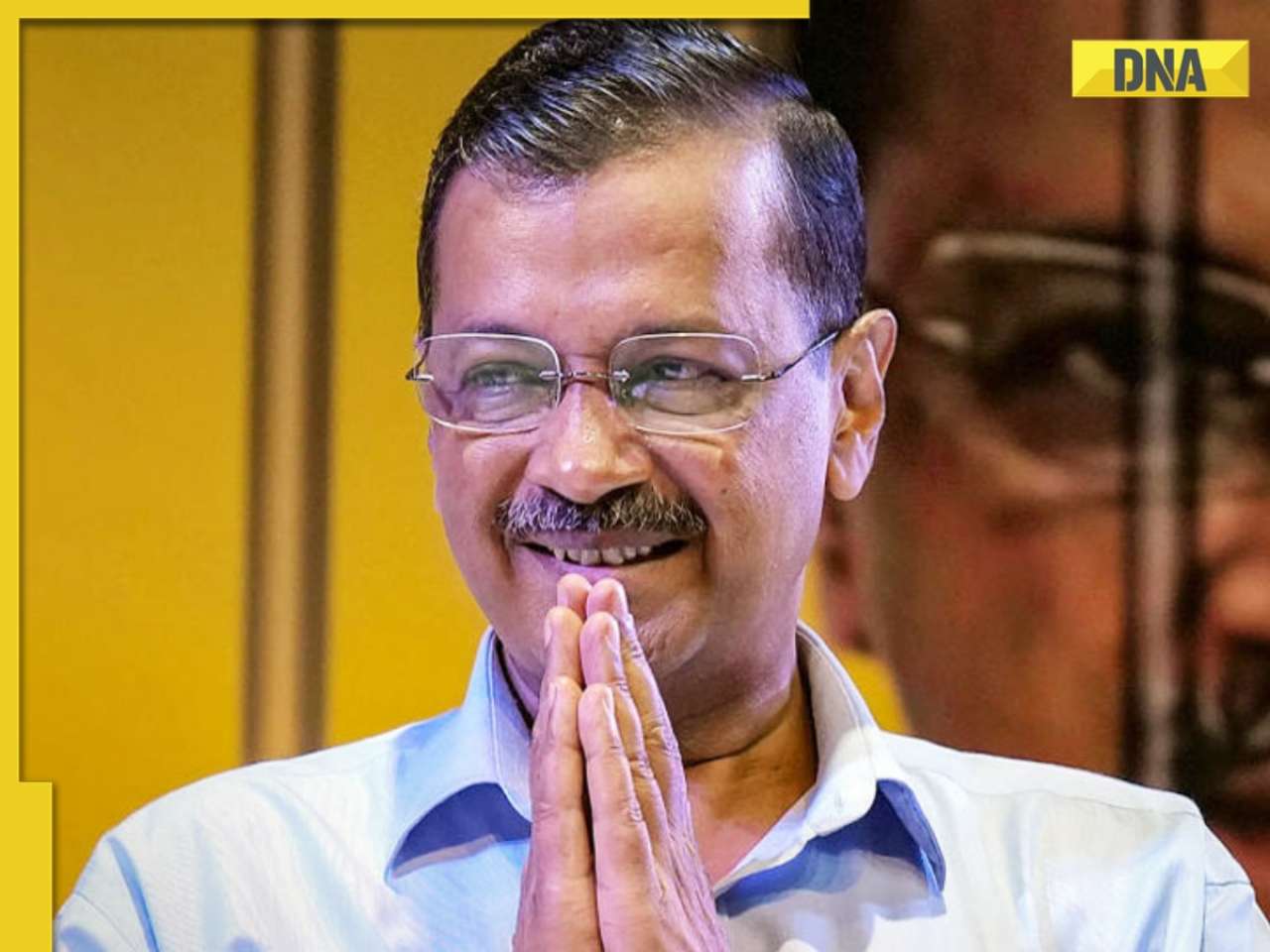




)
)
)
)
)
)
)
)
)
)
)
)
)
)





)
)
)
)
)
)